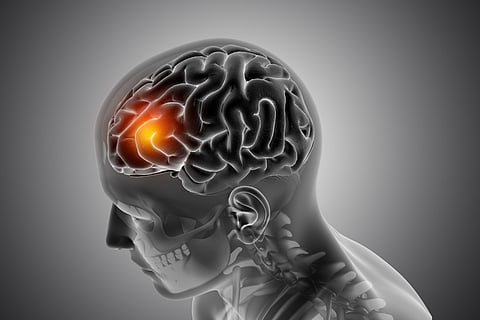Delirium affected 44% of critically ill patients in an Ohio medical center who were hospitalized after a recent stroke, according to new research published in American Journal of Critical Care (AJCC)[1].
Incidence rates were highest for patients with intracerebral hemorrhage (ICH), with 60% having delirium for at least one day.
The prospective, observational cohort study was conducted in the neurosciences critical care unit (NCCU) at The Ohio State University (OSU) Wexner Medical Center, Columbus. The 16-bed NCCU is part of the hospital’s Comprehensive Stroke Center and the only unit in Central Ohio with comprehensive specialized monitoring capabilities for neurological functions.
“Delirium Among Critically Ill Patients With Stroke: Prevalence, Severity, and Outcomes[2]” is among the first studies to look at delirium in a cohort of only critically ill patients hospitalized because of a stroke. Researchers from the medical center and OSU College of Nursing contributed to the work.


